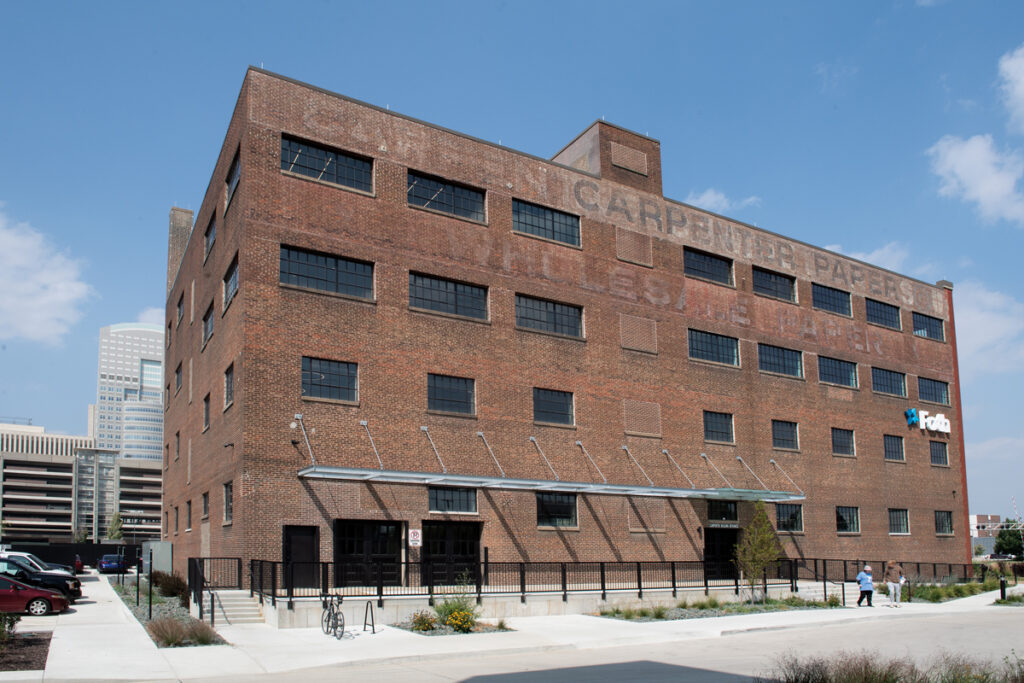Study looks at childhood trauma’s impact in Iowa

BUSINESS RECORD STAFF Jul 21, 2016 | 8:15 pm
2 min read time
415 wordsAll Latest News, Health and WellnessA new report released by the Central Iowa ACEs Coalition provides more detailed evidence that a majority of Iowa adults have experienced childhood trauma, an indicator of higher rates of chronic diseases, mental illness, violence, risky behaviors and reduced life expectancy. The broad-based coalition of business, education, nonprofit and philanthropic entities is leading efforts to raise awareness of the lifelong impact of childhood trauma and to support initiatives working to prevent or mitigate its effects.
The 2016 ACEs report, “Beyond ACEs: Building Hope & Resiliency in Iowa,” examines three years of data collected among adult Iowans measuring eight types of Adverse Childhood Experiences (ACEs), defined as physical, sexual and emotional abuse, and household difficulties of parental substance abuse, mental illness, incarceration, divorce and domestic violence.
The research, which is a follow-up to an earlier report, found that 56 percent of Iowa adults report at least one adverse childhood experience. About 15 percent of Iowa adults experienced four or more types of childhood trauma, which is a significant level of stress during early development.
“Adults who have experienced four or more ACEs are 2.2 times more likely to have a heart attack, 3.3 times more likely to smoke, and six times more likely to have been diagnosed with depression than adults who report no adverse childhood experiences,” said Lisa Cushatt, Central Iowa ACEs Coalition manager.
The report identifies pockets of high ACEs in Iowa’s major cities and regional centers, including Des Moines, Council Bluffs, Creston and Ottumwa. It also includes a closer look at how childhood neglect is linked to ACEs and how ACEs increase the risk of mental health challenges.
“The Iowa ACEs data helps us better understand the long-term impact of childhood trauma,” said Liz Cox, executive director of Prevent Child Abuse Iowa. “Research also shows that meaningful, caring connections mitigate the impact of childhood trauma and reduce the risk for poor physical and mental health outcomes in life. Safe, nurturing environments — at home, at school and at work — strengthen a community, build resilience and improve well-being among children and adults.”
On average, 1 in 6 workers in Iowa have experienced four or more ACEs in their childhood, according to the report. Employers can take action in the following ways:
- Implement policies such as flextime that create healthier families and more productive employees.
- Train managers on trauma-informed care principles.
- Use corporate-sponsored events to inform employees about community services that can support their well-being.
- Provide funding for initiatives working to respond to ACEs.










